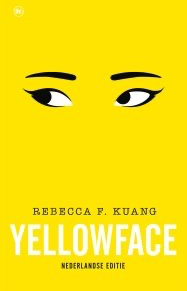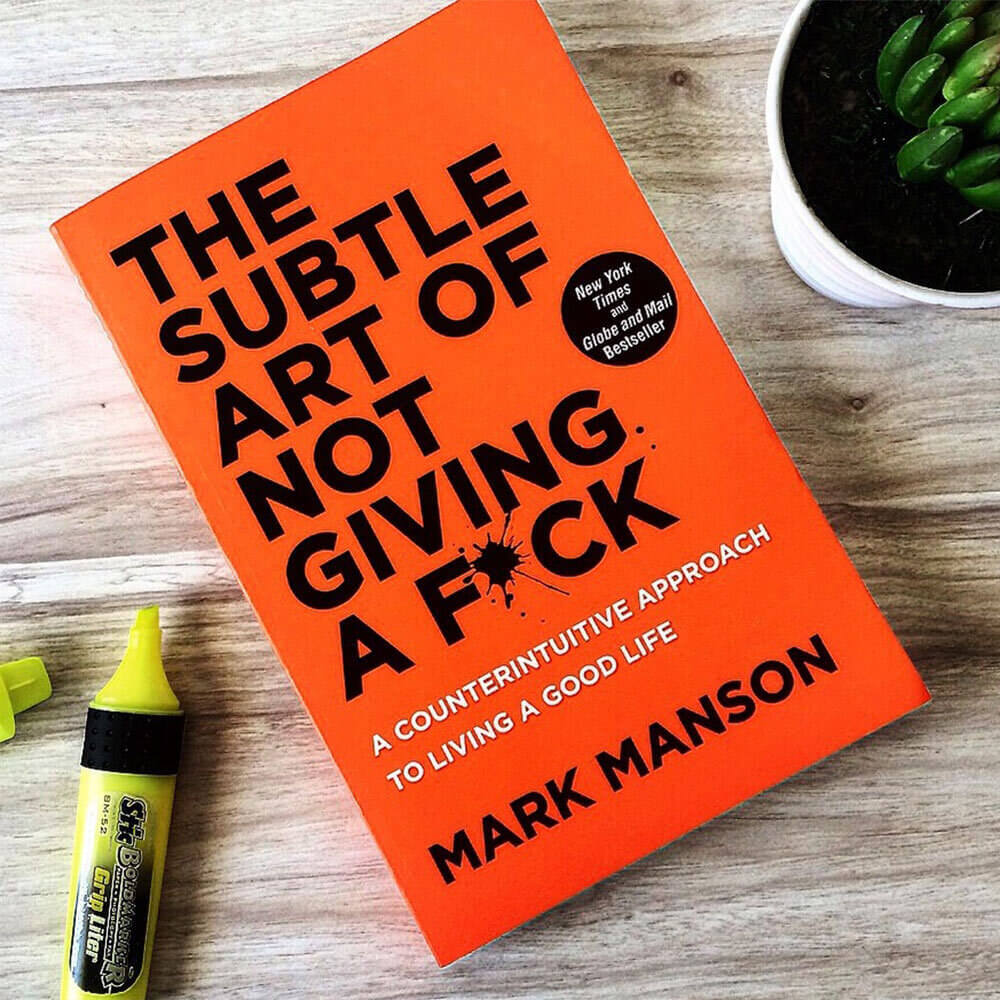 Ok, what am I reading right now? I wanted to explore humorous novels, after all summer is near, so chillin’ in the hammock with some chuckles, ideal. Let’s start with the ever unreliable – “Hey Siri, what are the funniest books ever written.” She gave me a list with “James “by Percival Everett on, but WTF – slavery is not funny. You’re fired Apple Irish voice. However, I’m glad James popped up because it’s a great read and it brought back many education journey memories.
Ok, what am I reading right now? I wanted to explore humorous novels, after all summer is near, so chillin’ in the hammock with some chuckles, ideal. Let’s start with the ever unreliable – “Hey Siri, what are the funniest books ever written.” She gave me a list with “James “by Percival Everett on, but WTF – slavery is not funny. You’re fired Apple Irish voice. However, I’m glad James popped up because it’s a great read and it brought back many education journey memories.
The novel is based on “The Adventures of Huckleberry Finn,” written in 1884 by Mark Twain, the ex-river boat pilot. However, the new version is written from James’ (the new Jim) perspective. Both follow his escape from Miss Watson because she is about to sell him down the river. Literally, to New Orleans. They must escape and make some money to buy freedom for their family and move to Illinois, a free state.
“James,” the re-creation, is amazing. His vocabulary when speaking with other slaves is right out of Oxford (not the Faulkner home), but when talking to white folk, he plays slave – “Mos’ peoples likes money mo’ ’n anythin’ else. White folks, anyways”. He’s also a proficient reader, writer and teacher. And why not? Who’s to say he couldn’t. I love this take.
The first escape is to Jackson’s Island where he meets up with Huck. The boy fakes his death to escape the violence from his drunk and abusive father, Pap Finn, just like in the original. From here Jim and Huck make a raft and head up the river to freedom in the north. While travelling, James pens intriguing passages about his situation, until he loses his pencil.
Both novels take place in Southern antebellum society before the civil war, giving an accurate and terrifying portrait of slave life in the United States. However, the lynching scene differs. In “James” it takes place over a stolen pencil and it’s an accused slave who is murdered by a gang of white assholes. However, in Twain’s novel, Colonel Sherburn, a white dude and a wealthy shop owner, challenges and calls out the mob gathered to lynch him after he shoots town drunk Boggs. When I first read “Huckleberry Finn,” this scene had me in tears of anger.
I also loved Norman – the light skinned companion who passes as a white dude (not in the original – even Twain could’ve imagined this situation). The ending of the novels is slightly different. In the original Jim is freed by Miss Watson but loses it to help Tom Sawyer (a prick), after he’s shot, but finally his freedom is secured. Huck then “lights out for the Territory.” Whereas in “James,” we have fireworks, but hope (not too much spoiler here).
I read the Twain novel just as I started my university journey. My first English class was American Literature with Gary Frame, the best teacher I ever had. I always felt sorry that poor guy because he put up with an overly zealous student who waited outside his door almost every day to ask questions. I’m sure as he walked back to his office, saw me he said, “Oh shit not again.” He surely wanted to light out for the Territory.
I loved “James” and I’m sure if Gary Frame were still teaching, the novel would be on his syllabus. I remember almost every book I read in that class. Ok, time to re-read “Big Sur and the Oranges of Hieronymus Bosch,” but no recreation here.
 Maybe it’s time for a little reminder, America before you march cross the 49th parallel. I’ll say one thing for trump, he’s brought this country together like never before. Even the Quebecois are championing Canada. Do you know how hard that is? We’ve been trying to get the French onboard for 157 years. Here’s a a little reminder from Margaret Atwood, a Canadian treasure.
Maybe it’s time for a little reminder, America before you march cross the 49th parallel. I’ll say one thing for trump, he’s brought this country together like never before. Even the Quebecois are championing Canada. Do you know how hard that is? We’ve been trying to get the French onboard for 157 years. Here’s a a little reminder from Margaret Atwood, a Canadian treasure. Yes, I’ve started a new book. The mystery never ends. The novel is the first in a very successful mystery series by Richard Osman (four at last count). The stories revolve around a group of grey-haired sleuths who live in a retirement home in Kent, England. I mean what else do you do when you retire? Screw knitting, right?
Yes, I’ve started a new book. The mystery never ends. The novel is the first in a very successful mystery series by Richard Osman (four at last count). The stories revolve around a group of grey-haired sleuths who live in a retirement home in Kent, England. I mean what else do you do when you retire? Screw knitting, right? Right now, I am reading two novels. The first is “Yellowface” by Rebecca Kuang. Holy shit. My first reaction is I will never publish a book on the traditional road. What a nasty, horrible process. How does one keep their sanity? As a theme in the book, it’s not always possible. If I were ever to publish, it will be self-published. I will be my own team. I never want to go through all that shit. What a horror story.
Right now, I am reading two novels. The first is “Yellowface” by Rebecca Kuang. Holy shit. My first reaction is I will never publish a book on the traditional road. What a nasty, horrible process. How does one keep their sanity? As a theme in the book, it’s not always possible. If I were ever to publish, it will be self-published. I will be my own team. I never want to go through all that shit. What a horror story. And if the publishing industry wasn’t horrible enough, the other book on my night table is “The Road” by Cormac McCarthy. I’ve read many of his works and if one idea threads through his work, it’s the belief humans are horrible, blood thirsty creatures (see above article). If destructive social media isn’t bad enough, how about storing people in a basement so you can eat them later. Or is there a relationship here? Isn’t this what the internet is all about – eating people alive.
And if the publishing industry wasn’t horrible enough, the other book on my night table is “The Road” by Cormac McCarthy. I’ve read many of his works and if one idea threads through his work, it’s the belief humans are horrible, blood thirsty creatures (see above article). If destructive social media isn’t bad enough, how about storing people in a basement so you can eat them later. Or is there a relationship here? Isn’t this what the internet is all about – eating people alive. A student gave me a copy of “Night” and it sat on my book shelf for many years. I was scared to read it. Then my niece was assigned the book for her high school English course. I pulled the book off the shelf, blew the dust off and pealed back the cover. I wish I had jotted the student’s name in the cover.
A student gave me a copy of “Night” and it sat on my book shelf for many years. I was scared to read it. Then my niece was assigned the book for her high school English course. I pulled the book off the shelf, blew the dust off and pealed back the cover. I wish I had jotted the student’s name in the cover. I just finished “Then She Was Gone” by Lisa Jewell. I don’t know how to categorize the book – Mystery? Thriller? Whatever the genre, I enjoyed the read, but holy darkness, Batman. We’re talking Chris Nolan cape crusader. Not for this review, but why is everything so dark these days – books, movies. What does this say about our society?
I just finished “Then She Was Gone” by Lisa Jewell. I don’t know how to categorize the book – Mystery? Thriller? Whatever the genre, I enjoyed the read, but holy darkness, Batman. We’re talking Chris Nolan cape crusader. Not for this review, but why is everything so dark these days – books, movies. What does this say about our society? Speaking of bloggers, I’ve been reading Mark Manson’s masculine heavy self-help book. Most definitely written for a male audience. It’s not that women don’t like profanity and penis references, but sometimes his ideas flow like beer in a dusty rusty old tavern, “Look man, sometimes you just gotta not give a fuck. Know what I mean? There are other important things to give a fuck about. Be selective about your fucks.” Now, tell me that’s not meant for a male audience.
Speaking of bloggers, I’ve been reading Mark Manson’s masculine heavy self-help book. Most definitely written for a male audience. It’s not that women don’t like profanity and penis references, but sometimes his ideas flow like beer in a dusty rusty old tavern, “Look man, sometimes you just gotta not give a fuck. Know what I mean? There are other important things to give a fuck about. Be selective about your fucks.” Now, tell me that’s not meant for a male audience.